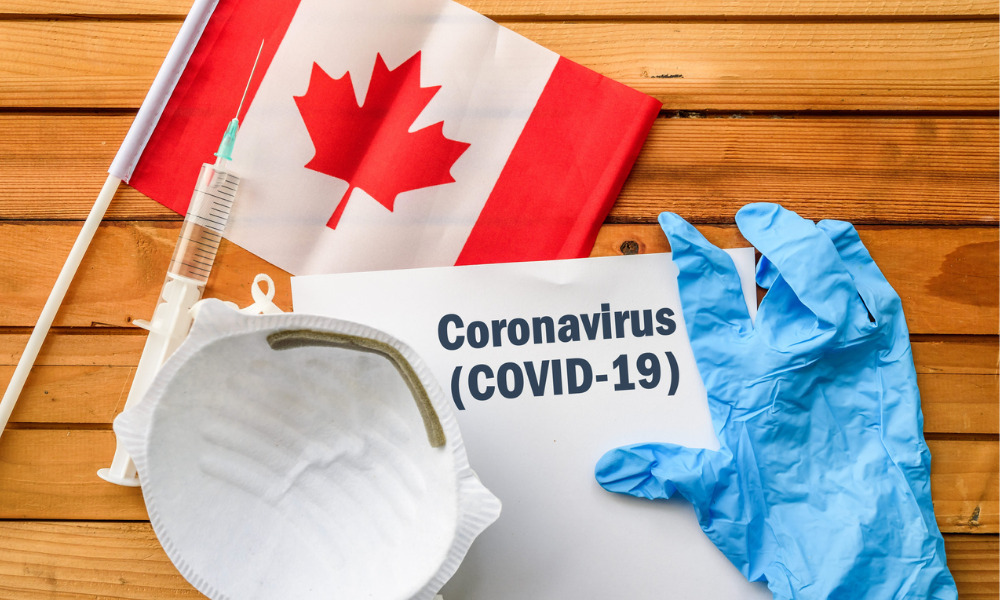When the COVID-19 pandemic hit Canada in mid-March, health experts feared Vancouver’s impoverished Downtown Eastside would be decimated — the coronavirus expected to tear through its vulnerable population. That didn’t happen, and now a B.C. medical sleuth is trying to find out why only a handful of residents have tested positive for the virus in one of Canada’s poorest neighbourhoods.
It’s a medical mystery given there are an estimated 15,000 people crammed into 30 square blocks around Vancouver’s infamous Main and Hastings intersection. Many residents have mental health issues, are infected with HIV or hepatitis C and have compromised immune systems. The answer to the apparent low infection count could benefit all Canadians in the fight against the spread of the coronavirus, said Dr. Brian Conway, medical director of the Vancouver Infectious Diseases Centre. „The more we learn, the more we will be able to help,” Conway said. Conway has launched a series of free community „pop-up clinics” to test blood for telltale coronavirus antibodies among Downtown Eastside (DTES) residents.
Antibodies are formed when a person’s body attempts to fight off infection. They are an indication that the individual was, at some point, infected with the virus, even if there were no symptoms of illness or only mild symptoms. The presence or absence of antibodies against coronavirus could help researchers understand infection rates as compared to illness rates. But, Health Canada cautions, it’s not yet clear how long antibodies stay in the body, and it’s not yet known whether people with antibodies are immune to re-infection or if they are still infectious to others. There is also research suggesting that antibody tests may not be reliable.




